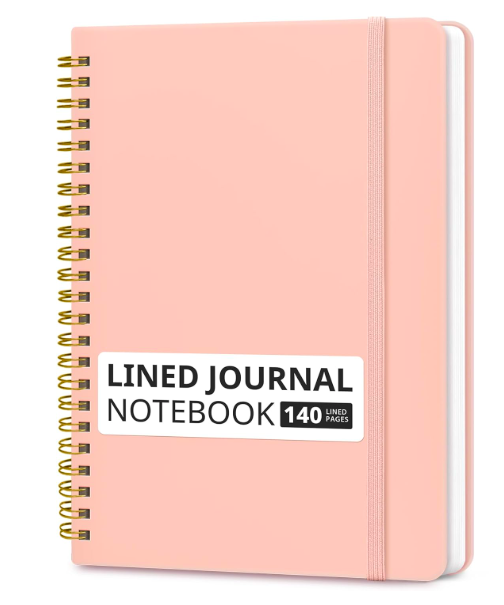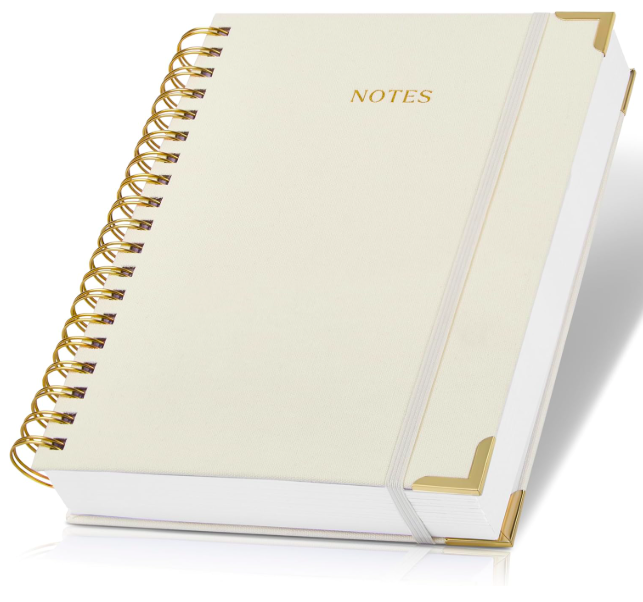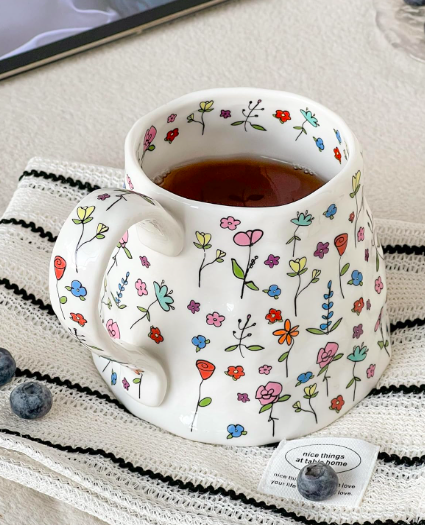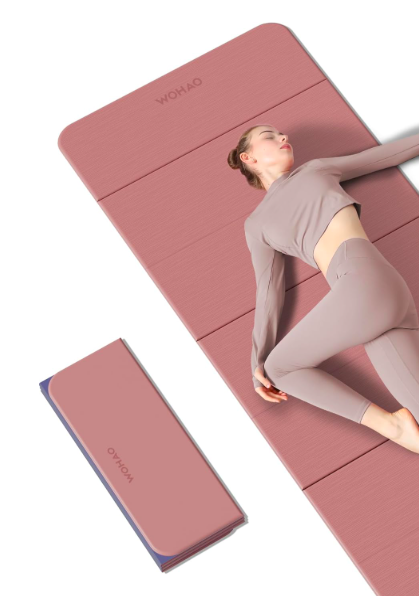What is a balanced life? What does it mean to you? This article is going to cover all sections of what balanced could mean to you: work-life balance, finding time for you, how to eat healthier, becoming a more mindful person etc.
Just one year ago, I was a mess compared to who I am today, and as much as I don’t over-criticise myself for it, I am so grateful that I took charge of what sort of life I wanted to live, and more importantly, I took the required actions to achieve it. Remember that the changes you will make will take time to become habit (and that’s normal!), try to focus on the little things that you notice shift in your mindset and lifestyle and that not all of the changes you will make will be for you – you may notice that some things were better left as before. Even the fact that you are reading this right now shows a beginning of a shift in mindset, and that you really do want to make yourself the priority in your life.
1. Redefine What Balance Means for You
Balance isn’t a strict schedule or a perfect routine — it’s fluid. Some weeks your work might take priority, and other weeks your social life or self-care will. The key is learning to listen to yourself. Notice when you feel overstretched or disconnected. Ask: What needs my attention right now? A great way to do this which I have implemented into my own routine is journaling. It allows you to communicate with your inner needs and take time just to concentrate on your thoughts and feelings. I have linked a couple of aesthetic journals below that could be ideal just for this if you’re interested.
2. Prioritise “You Time” Without Guilt
One of the biggest lies we tell ourselves is that self-care is selfish, especially when we have children. It’s not — it’s maintenance. To be able to succeed in what you want, you have to look after yourself otherwise how can you maximise your efficiency in life? Just as your phone needs charging, so do you.
Find something that’s just for you: journaling, morning walks, reading, stretching, sitting quietly with coffee. The trick isn’t finding hours for yourself — it’s building small, sacred pockets of time into your day that are yours alone. I’ve linked a couple of products below that could help motivate you to take time out of your day for you.
3. Nourish Your Body Intentionally
You don’t need a strict diet or to cut everything you love. Balance here means eating foods that make you feel good long after you’ve finished them. Try to add more colour to your plate — fruit, vegetables, grains, proteins — and don’t underestimate hydration. Think of food as energy, not punishment. When you fuel yourself well, it’s not just your body that feels better — your mind does too. There are all sorts of different diets and techniques for eating, but for me personally (diet is VERY personal so don’t compare just be inspired from others), I have always told myself to eat what I want and then give the occasional thought to making sure to have some greens or high fibre food, for example.
4. Learn the Art of Slowing Down
We live in a world that romanticises busyness. But slowing down doesn’t mean you’re lazy — it means you’re present. Try single-tasking instead of multitasking. When you move slower, life feels fuller, consider the power that comes with doing things intentionally. Intentionally spend longer drinking your cup of tea, intentionally spend more time massaging soap into your skin as you shower – intentional little actions like this can make you feel cared for by yourself, and this is very empowering. You start to notice the details again — the sunlight, the taste of your food, the quiet moments that used to pass by unnoticed.
5. Declutter Your Space, Declutter Your Mind
A cluttered space can create a cluttered headspace. I genuinely think the amount of people who can think clearly in messy environments is extremely few, and that most people who say they can do so, are probably lying to themselves. Take time to go through your environment — your wardrobe, your desk, your inbox. Keep what serves you, let go of what you do not use. Minimalism isn’t about owning less; it’s about making space for what adds value.
When your surroundings feel calm, it’s much easier to feel calm inside. I’ve actually written an article all about some great, original declutter storage ideas: Declutter Your Space: 5 Clever Organizers That Maximise Storage
6. Practice Gratitude and Reflection
One of the simplest, most powerful habits I’ve built is mindfulness. At the end of the day, I write down three small things I’m grateful for. Some days it’s a huge breakthrough; other days it’s just “the smell of coffee.” It trains your brain to look for good, even when life feels heavy. And when you reflect on your growth, you’ll realise that balance often looks like gentle progress, not perfection. Mindfulness comes in all kinds of forms, and this idea of recording gratitude is just one of them, if you want to try out different methods to find the best one for you, I have created a digital product specifically for this purpose: Mindfulness Digital Product – Instant Download
7. Create Healthier Boundaries
This was a game-changer for me, boundaries aren’t walls; they’re clarity. They tell you what you will and won’t accept — from work, from others, and even from yourself. Start with something small: maybe it’s not checking emails after 7 p.m., or saying no to social plans when you’re truly exhausted. You don’t owe everyone constant access to you. Have boundaries on who you give your energy and time to, some people are just not worth it – not because they are bad people, but because they don’t life you up in the way you need it.











